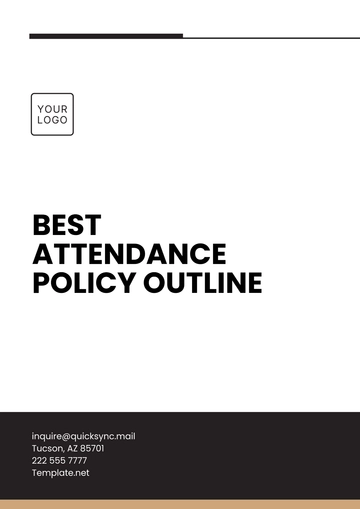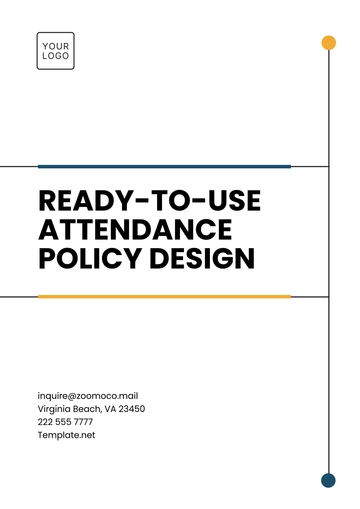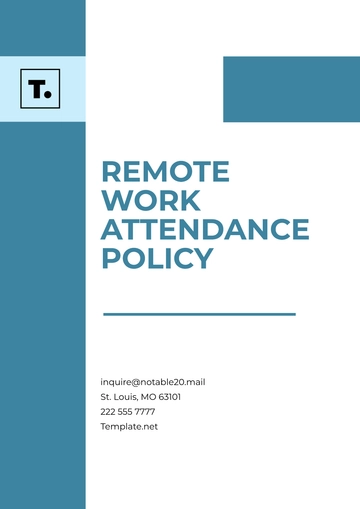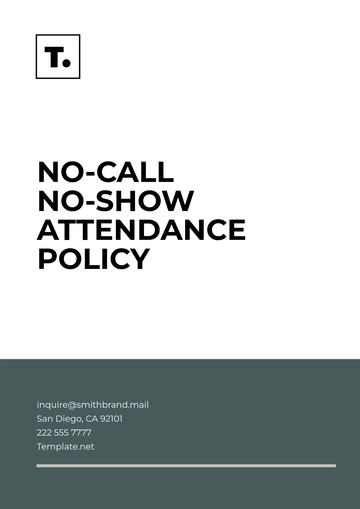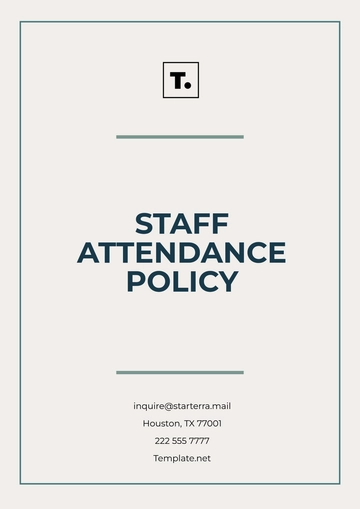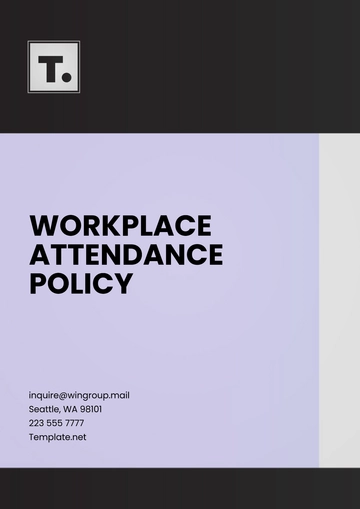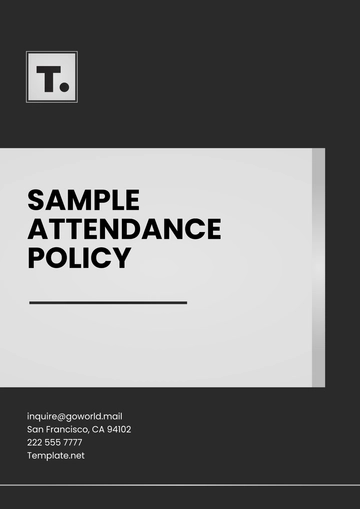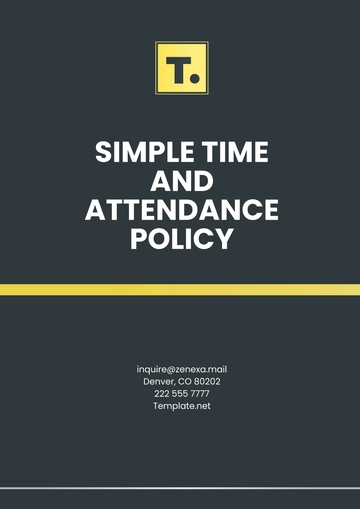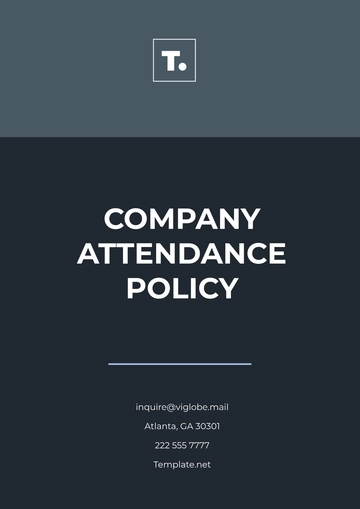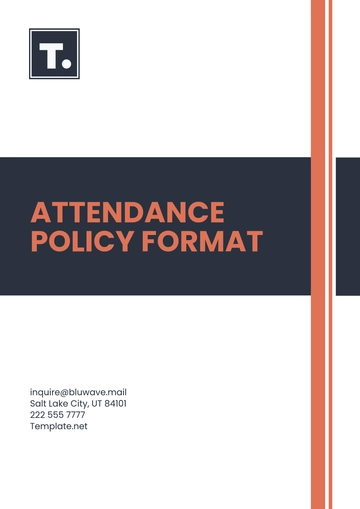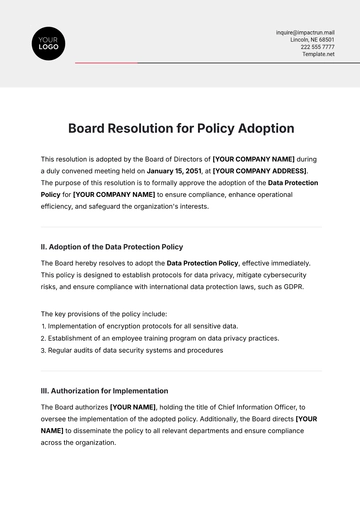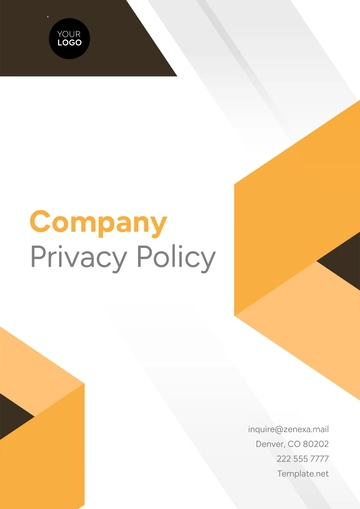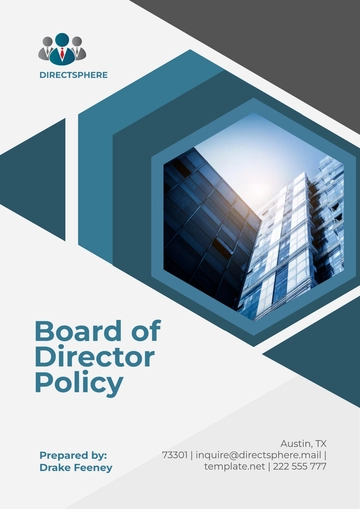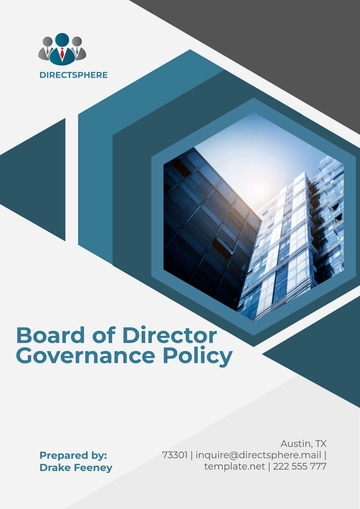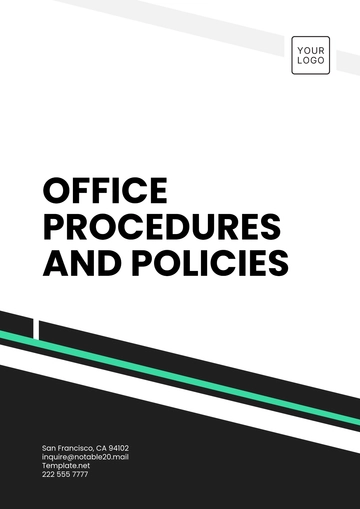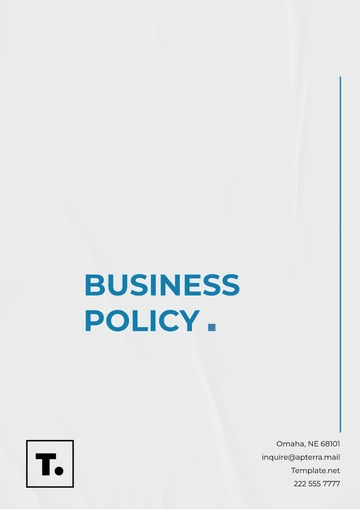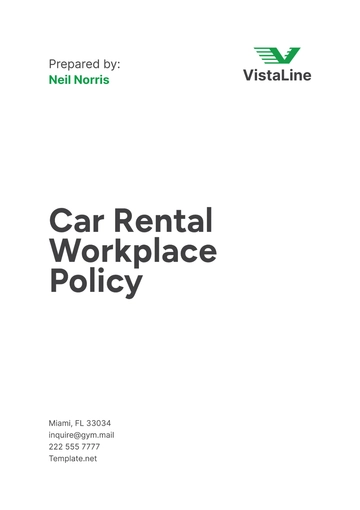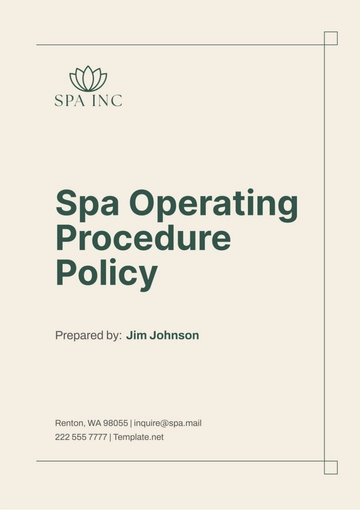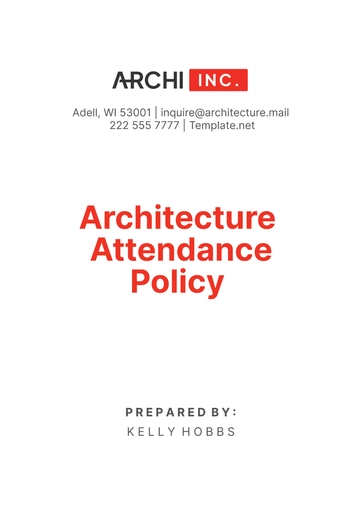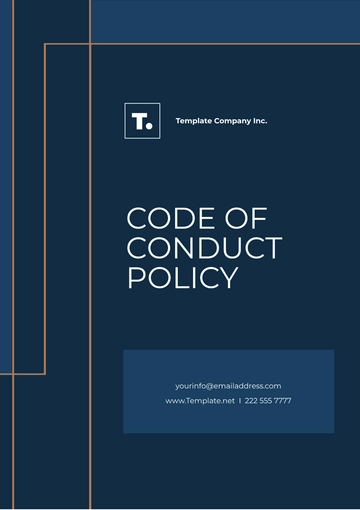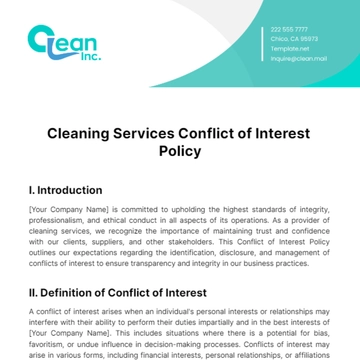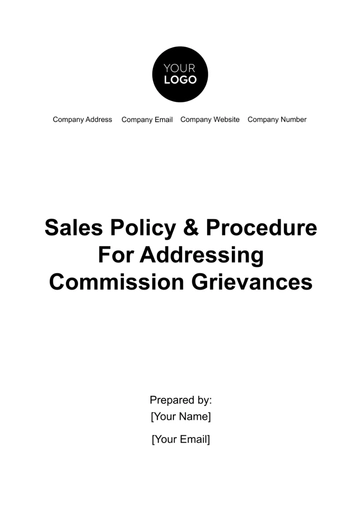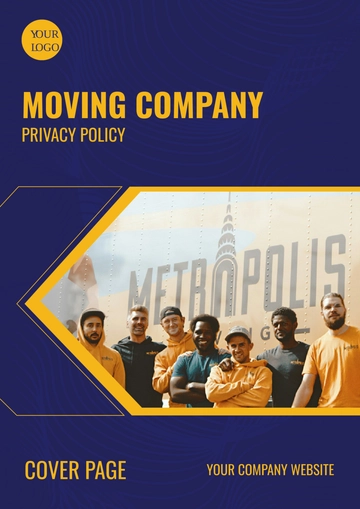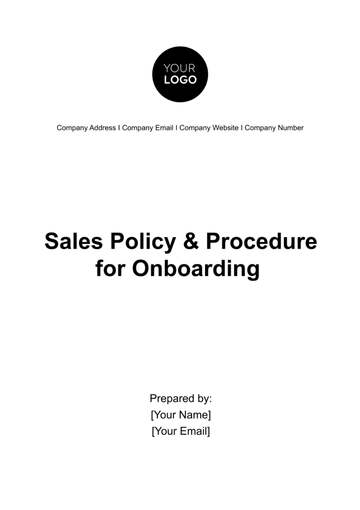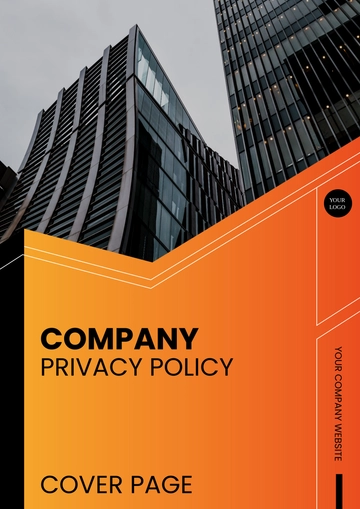Free Company Attendance Policy
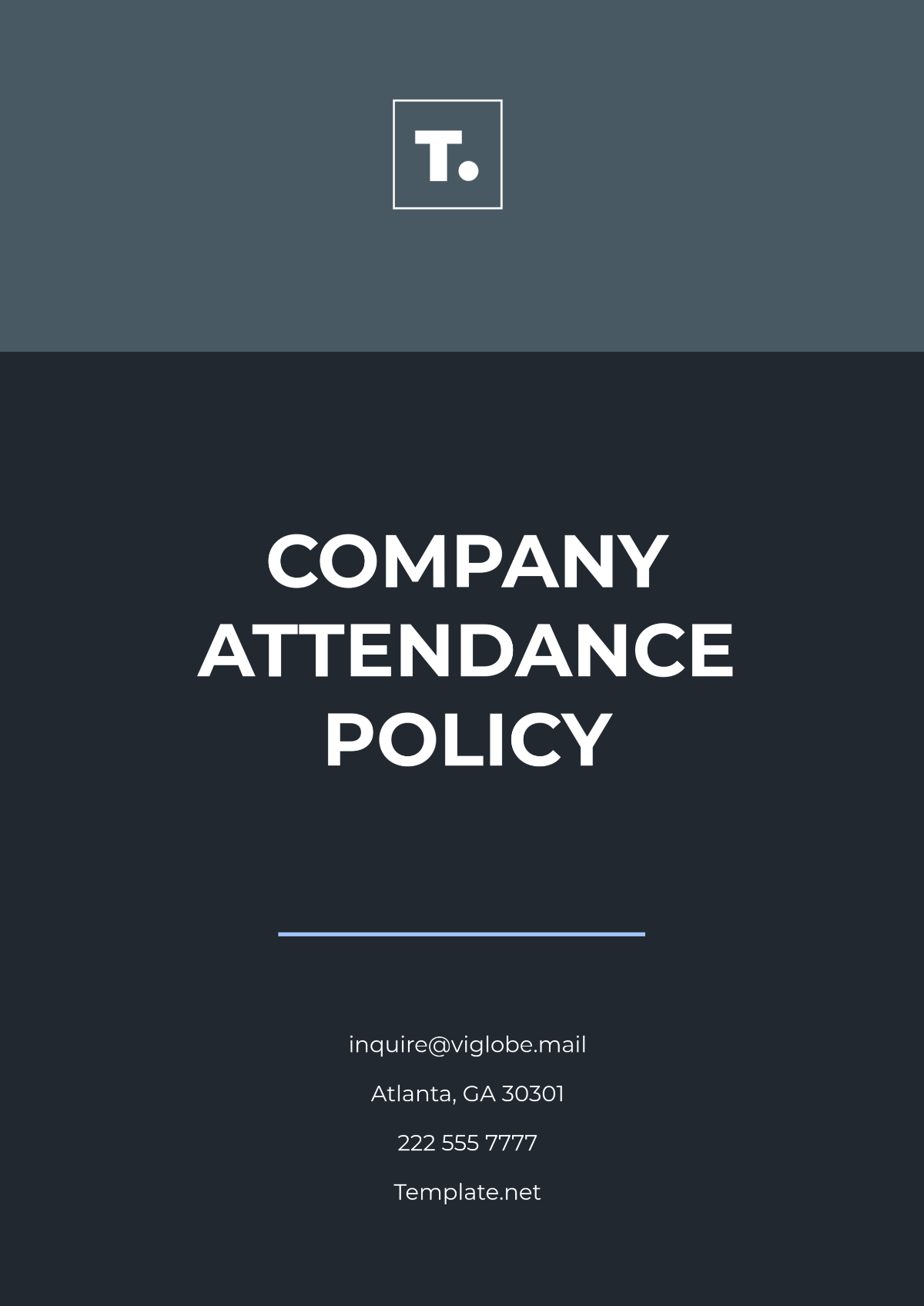
Effective Date: January 10, 2050
I. Introduction
At [Your Company Name], maintaining a consistent and reliable attendance system is crucial for ensuring a productive work environment. The purpose of this policy is to provide clear guidelines regarding employee attendance, establish expectations for punctuality, and define the procedures for handling absences and tardiness.
The policy is designed to:
Ensure the smooth operation of daily tasks.
Maintain a professional and fair approach to attendance issues.
Provide transparency and consistency in handling attendance-related matters.
II. General Attendance Expectations
Standard Work Hours
[Your Company Name] operates on a typical business schedule of 9:00 AM to 5:00 PM, Monday through Friday. Employees are expected to be present and ready to work during these hours unless otherwise stated.
Any changes to the standard work schedule, such as flexible hours or remote work, must be approved in advance by the employee's supervisor.
Any unapproved absence or tardiness may lead to disciplinary action.
Tardiness
Employees must make every effort to be on time for their scheduled shifts. Arriving late disrupts workflow and productivity. Employees who are unable to arrive on time must:
Notify their supervisor or team lead by email or phone as soon as possible.
Provide a reasonable explanation for the delay.
III. Absence Reporting
Reporting Absences
In the event of an absence, whether planned or unplanned, employees must notify their supervisor or manager according to the following guidelines:
Email: Absence notifications should be sent to [Your Company Email] before the employee’s shift begins, detailing the reason for the absence and anticipated return date.
Phone: If an email cannot be sent, employees should call [Your Company Number] at least one hour before the start of their shift.
Extended Absences
If an employee is unable to return to work after three consecutive days of absence, they must provide further documentation (e.g., a doctor’s note) to verify the reason for their extended leave. This documentation should be submitted to [Your Company Email].
IV. Consequences of Non-Compliance
Progressive Discipline
Attendance is critical for the smooth operation of [Your Company Name]. Employees who fail to comply with attendance expectations will be subject to a progressive disciplinary process. The following table outlines the actions that may be taken:
Infraction | Action Taken |
|---|---|
1st Offense | Verbal warning |
2nd Offense | Written warning |
3rd Offense | Final written warning or suspension |
4th Offense | Termination of employment |
Excessive Absenteeism
Excessive absenteeism is defined as more than 5 days of unexcused absences within a 6-month period. Such behavior may lead to a formal review and further disciplinary action. Each case will be evaluated individually.
V. Special Leave Considerations
Paid Time Off (PTO)
Employees are entitled to 15 days of Paid Time Off (PTO) per year. PTO can be used for vacation, personal days, or illness. To ensure proper planning, PTO requests must be submitted at least two weeks in advance.
Sick Leave
Sick leave is part of the employee's PTO balance. Employees must report their illness as soon as possible, and if their sickness lasts for more than three days, they may be asked to provide medical documentation.
Family and Medical Leave
Employees may be eligible for Family and Medical Leave Act (FMLA) leave, which provides time off for qualifying family or medical reasons. Employees seeking this leave should contact [Your Company Name] for more information.
VI. Conclusion
Attendance is essential to the operational success of [Your Company Name]. It is expected that all employees adhere to the attendance policies to ensure productivity and fairness within the organization. If employees have any questions about the attendance policy or need assistance, they should contact [Your Name] at [Your Email].
- 100% Customizable, free editor
- Access 1 Million+ Templates, photo’s & graphics
- Download or share as a template
- Click and replace photos, graphics, text, backgrounds
- Resize, crop, AI write & more
- Access advanced editor
Establish clear attendance expectations with the Company Attendance Policy Template offered by Template.net. Fully customizable, downloadable, and printable, this template provides a professional framework for outlining company-specific attendance rules. Editable in our AI Editor Tool, it ensures compliance and clarity while streamlining policy creation. Manage company attendance efficiently with this reliable and user-friendly template.
You may also like
- HR Policy
- Restaurant Policy
- Company Policy
- Accounting Policies and Procedures
- Website Policy
- Privacy Policy
- Safety Policy
- School Policy
- IT and Software Policy
- Law Firm Policy
- Construction Policy
- Interior Design Policy
- Travel Agency Policy
- Education Academic Policy
- Security Policy
- Real Estate Policy
- Expense Policy
- Software Policy
